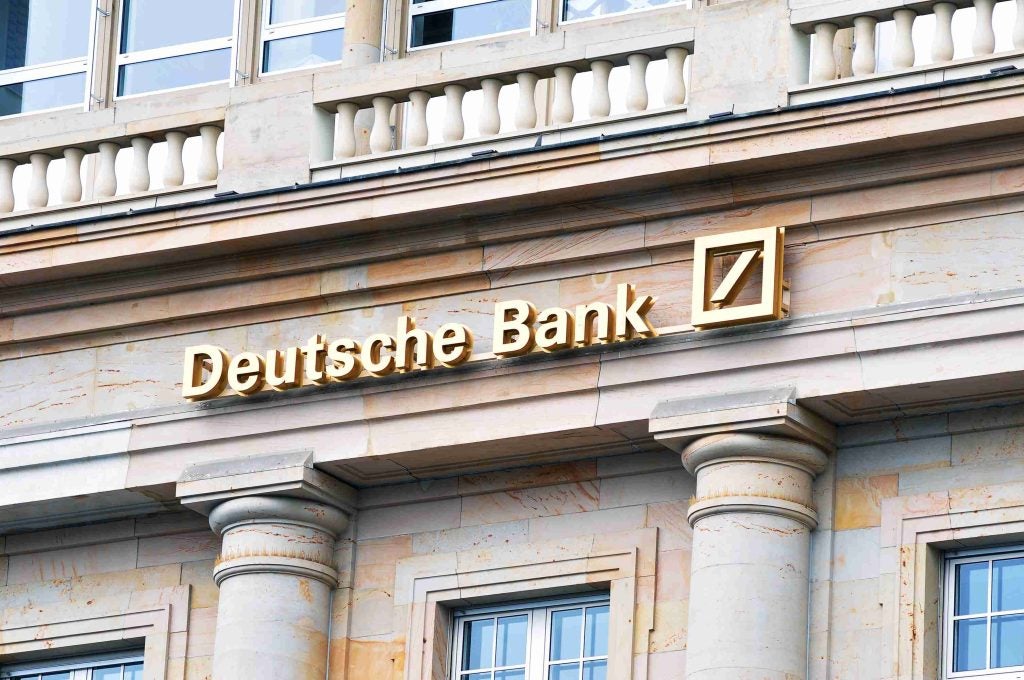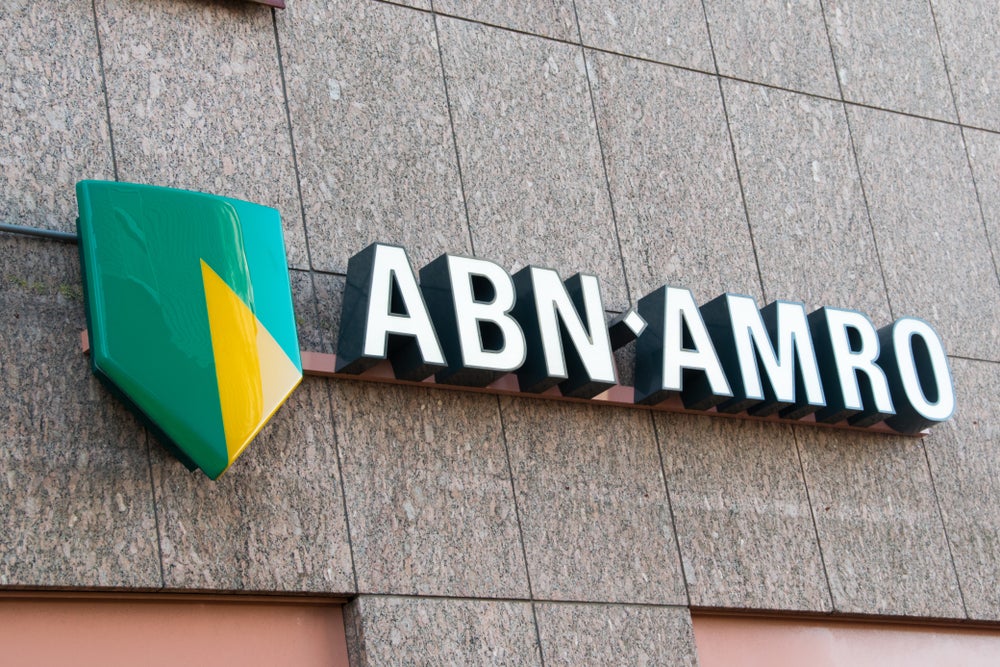Europe’s embattled tax havens, European Union finance ministers
have given the green light to a toughening of the continent’s rules
on savings taxes.
The initiative to rewrite the EU’s Savings Tax Directive, which
came into force in 2005, follows pressure from Germany after a
widespread tax fraud which involved secret accounts in
Liechtenstein and some 1,400 individuals, including 600 German
citizens.
Following high-level meetings in Brussels, EU tax commissioner
Laszlo Kovacs indicated that he will amend the current rules on the
lines demanded by Germany, improving the exchange of information
between banks and extending the scope of the directive.
The new rules are also expected to cover other types of financial
vehicles such as trusts and foundations as currently only bank
accounts are affected, Kovacs said, pledging to close loopholes in
the savings directive.
Germany claims it loses as much as €30 billion to €40 billion
($46.79 billion to $62.39 billion) each year in tax fraud and the
EU Commission has been asked to provide an interim report on how
the current rules work by the end of September.
To protect its own investment industries, Luxembourg has already
signalled opposition to the proposal while Austria and Belgium
suggested they would not be willing to supply information on
savers’ accounts to other countries.
How well do you really know your competitors?
Access the most comprehensive Company Profiles on the market, powered by GlobalData. Save hours of research. Gain competitive edge.

Thank you!
Your download email will arrive shortly
Not ready to buy yet? Download a free sample
We are confident about the unique quality of our Company Profiles. However, we want you to make the most beneficial decision for your business, so we offer a free sample that you can download by submitting the below form
By GlobalDataThese three are allowed to retain secrecy in exchange for imposing
a withholding tax on account holders’ earnings, some of which is
returned to the home country.
Some offshore centres have signalled they will be accommodative to
a strengthened EU directive. Monaco will open its secretive banking
system if the EU toughens its tax evasion rules, officials in the
principality said.
Monaco, like Liechtenstein and Andorra, is on the OECD’s blacklist
of “uncooperative” tax havens for refusing to sign an agreement on
sharing information on EU individuals’ tax affairs.
Gilles Tonelli, Monaco’s finance minister, complained that many
countries were taken off the OECD list after promising to open up
but had subsequently changed nothing. Tonelli said that if the
savings directive included countries like Luxembourg and
Switzerland, Monaco would follow suit.
Switzerland is also coming under pressure to loosen the country’s
long-standing tax secrecy.
A new report by a Swiss academic Xavier Oberson, professor of law
at Geneva University, claims the review of the EU tax rules will
mean a revision of the Swiss tax regime. Switzerland would be
forced to open itself up to a tax investigation and the relaxed tax
rules its citizens enjoy will be lost, he warned.
“Questioning the distinction made between tax evasion and tax fraud
would lead to a general revision of Switzerland’s tax system,” he
said.
Professor Oberson said the spotlight has been irreversibly turned
on Switzerland since the Liechtenstein affair, which exposed
various German public figures with undeclared assets deposited in
the tax haven.
Switzerland has so far resisted attempts to involve it in the
widening European tax evasion investigation, using a deal with the
EU to support its position. It operates under a bilateral agreement
whereby the EU imposes a withholding tax rather than exchanging
information.
In Switzerland, the official line is that changes are out of the
question. Swiss finance minister Hans-Rudolf Merz, commenting on
foreign criticism, declared the country’s banking secrecy laws
would prove “too hard a nut to crack.”
Separately, a dispute has erupted between the Channel Islands and
the EU over a decision to leave these offshore banking centres off
a “white list” of countries deemed to have satisfactory controls
against money laundering. Jersey and Guernsey as well as the Isle
of Man have been placed by the EU on an intermediate list of
centres which it judges “may” meet compliance regulations. The
three islands claim they have done everything possible to put their
houses in order.







